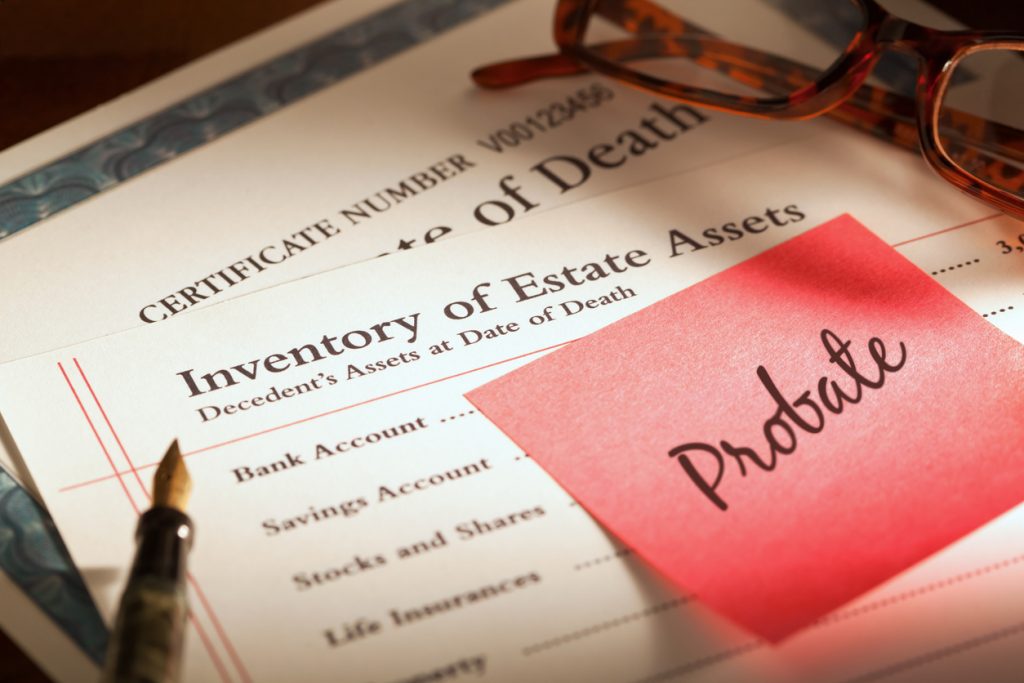
Understanding Probate: Probate Defined, the Probate Process Explained, and Common Probate Process Situations
The Probate Journey: What It Is, How It Works, and When You May Encounter It
Navigating the legal landscape can be daunting, especially when understanding probate.
Probate refers to the court-supervised process of validating a deceased person’s will, settling their debts, and distributing their assets.
For many, the probate process remains shrouded in mystery until they are thrust into it due to a loved one’s passing.
This article demystifies the probate planning myths and explores everyday probate situations, providing the information you need when navigating this critical legal journey.
At Dishowitz Law Group, we are committed to guiding you through every step of your probate journey.
Decoding the Probate Process
The probate process is initiated when an individual passes away–a process usually involving the following steps:
- Validation of the Will: A court confirms that the deceased’s will is legally valid.
- Appointment of an Executor: This is usually named in the will, but if not, the court will appoint one.
- Inventory of the Deceased’s Property: Includes real estate, stocks, and personal belongings.
- Payment of Debts: Outstanding obligations are paid from the estate.
- Distribution of Remaining Assets: The remaining assets are distributed according to the will after paying debts. If there’s no will, state law determines distribution.
FAST FACT: According to data from the American Bar Association, nearly 55% of Americans die without a will or estate plan, throwing their heirs into a complex probate process.
Common Probate Process Situations
Probate can become necessary in several scenarios, constituting what we term everyday probate situations:
- Absence of a Will: When a person dies intestate (without a will), probate must distribute assets according to state law.
- Disputes over Will: When beneficiaries contest the validity of a will, the probate process is crucial in resolving disputes.
- Insolvent Estate: If debts exceed assets, probate helps manage the payment of creditors.
Complexities of the Probate Process
The probate process can become intricate due to the deceased’s domicile status, type of assets, or family disagreements.
These complexities necessitate the involvement of a seasoned probate attorney, such as Ben Dishowitz, who can provide expert legal guidance.
FAST FACT: The American Association of Retired Persons (AARP) reports that probate can last from a few months to several years, underscoring the value of having a trusted legal partner like Dishowitz Law Group.
Understanding the Probate Process: Key Takeaways
- Probate is the court-supervised process of validating a will, settling debts, and distributing assets.
- Everyday probate situations include the absence of a will, disputes over the will, and an insolvent estate.
- Various factors make The probate process complex, making expert legal guidance invaluable.
Be sure to face the complexities of probate with help. Trust Dishowitz Law Group to guide you through the probate process.
Call us today or complete our online contact form for a free, private case evaluation.
Source(s)
American Bar Association. (2020). Wills, Estates, and Probate. https://www.americanbar.org/groups/real_property_trust_estate/resources/estate_planning/
AARP. (2022). What is Probate? https://www.aarp.org/money/estate-planning/info-09-2010/ten_things_you
About Dishowitz Law Group
Dishowitz Law Group provides counsel to hundreds of individuals, families, and businesses involved in complex legal disputes, including estate planning, probate, estate disputes, general litigation, and landlord-tenant law. For more information, call (855) 236-3474, email bdishowitz@sflalaw.com, or visit https://dishowitzlaw.com/contact/.
